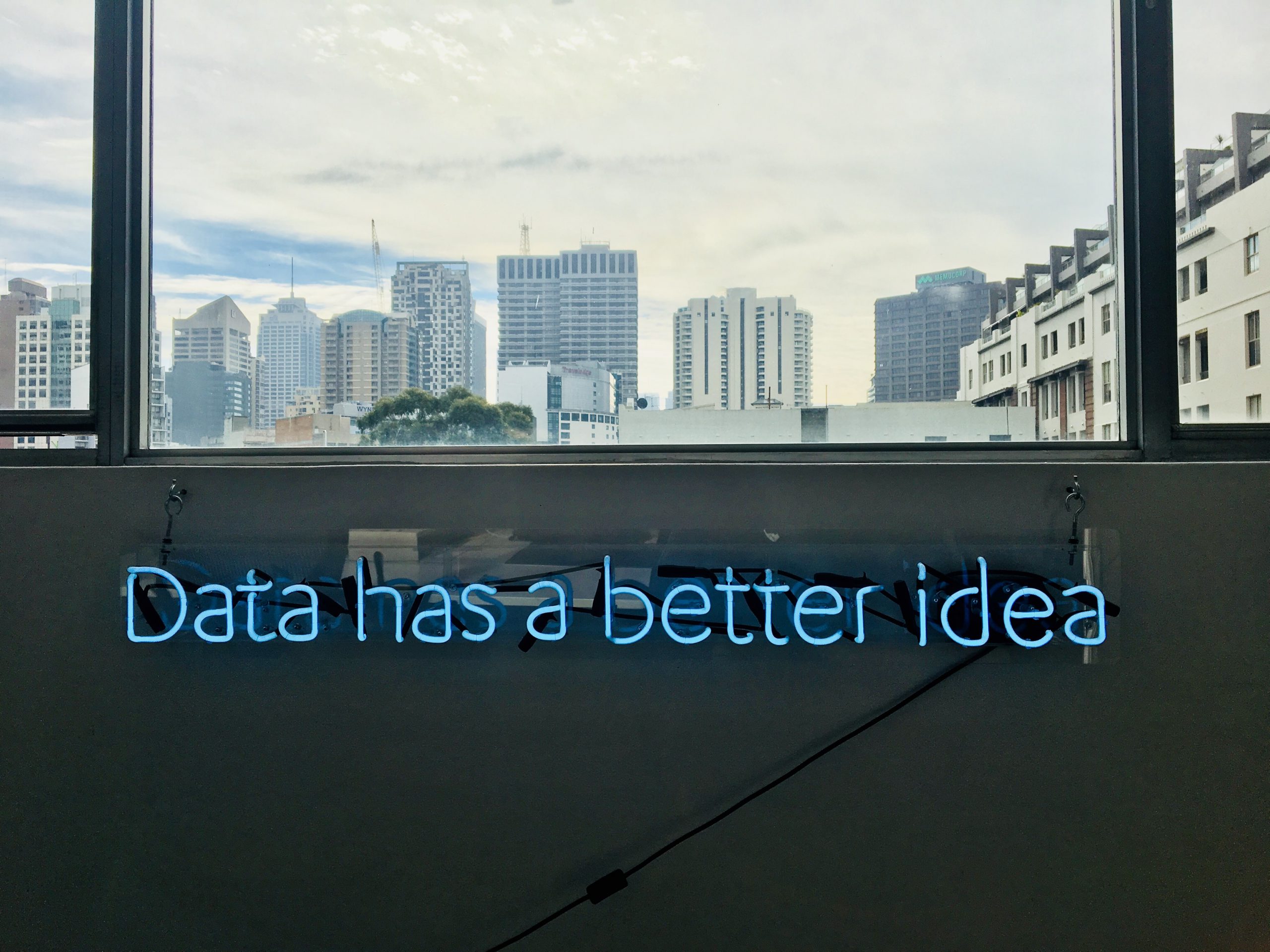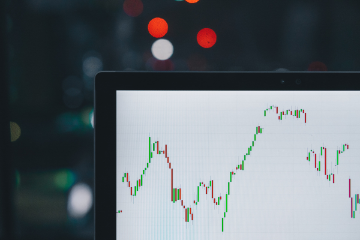Newsletter
Risk management is now on everyone’s radar
September 2020
I’m not a technologist, and I share some of the scepticism many people place on technology. Not all of it – after all, thryve provides business technology solutions. But like many experienced business operators, I’m sceptical about blue-sky promises of transformation. There are always better ways for a business to run, but businesses have also survived quite well without those innovations. Yes, a computer is great for a company. But was it as great an investment in the early 1980s, when personal computers became available?
No, not really. Computers only became genuinely relevant in the 1990s, once many of the costs, kinks and other issues had been ironed out of the PC market. Soon enough laptops and phones picked up that baton. If you didn’t buy a PC in the 1980s, your business didn’t go down as a result. It is absolutely fair to be sceptical about any new technology promises, even today.
Yet there are moments where certain technologies represent clear paradigm shifts. The telegram utterly devastated other communication methods within years of its introduction – the famous Pony Express didn’t even last a few years before telegram cables destroyed that business model. A century or so earlier, clipper ships rewrote the nature of trade by suddenly making record-breaking tea deliveries between key markets. If you were still transporting tea the old way, you were bankrupt within a few years.
When such technologies arrive, and their inclusion becomes necessary, there is only a limited window to adopt them. Today, this is the case with artificial intelligence and analytics – the sudden and pervasive uncertainties sowed by the COVID-19 pandemic have cemented that reality, as one of our blogs this month outlines.
There is also now a bigger emphasis on risk management, not only among enterprises but also mid-sized and small businesses. Technology plays a critical role here as well, as risk managers have a lot more to consider and stay ahead of. And speaking of risk managers, the view that they are glorified insurance buyers is changing rapidly. Knowing your risk – good or bad – is now as crucial as analysing your data as quickly and effectively as possible.
These are the signs of the ‘new normal’ that we hear so much about. As our blogs from September show, it’s emerging fast. Fortunately, it’s also much less risky to adopt these breakthroughs.
Sean Pyott
MD, thryve







